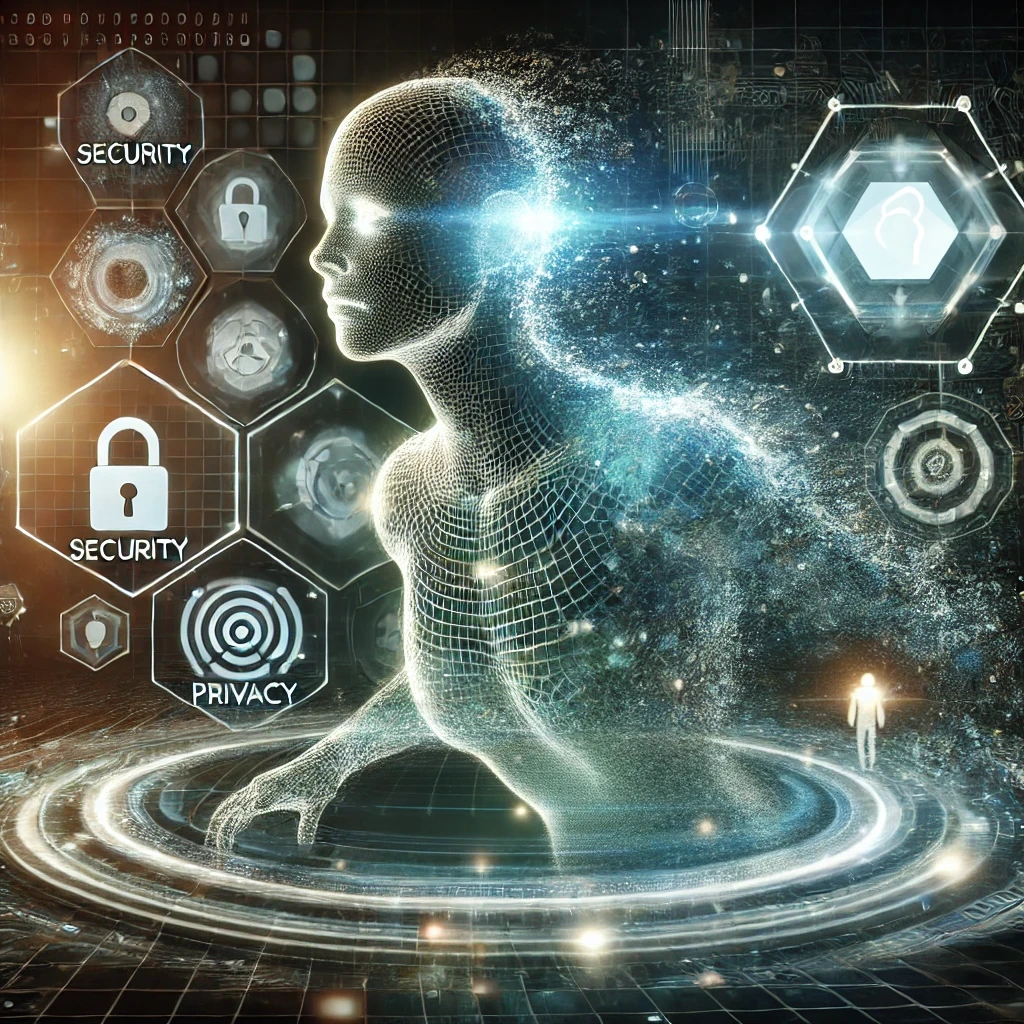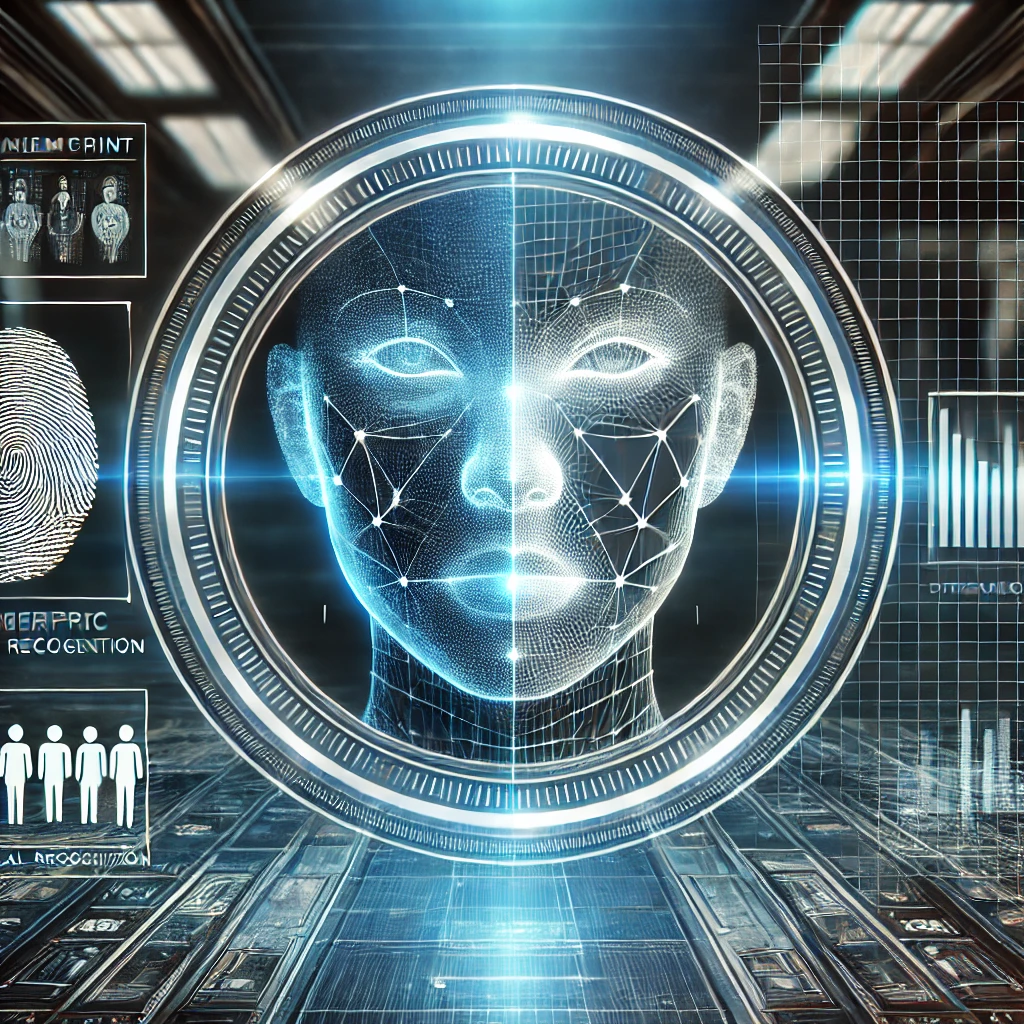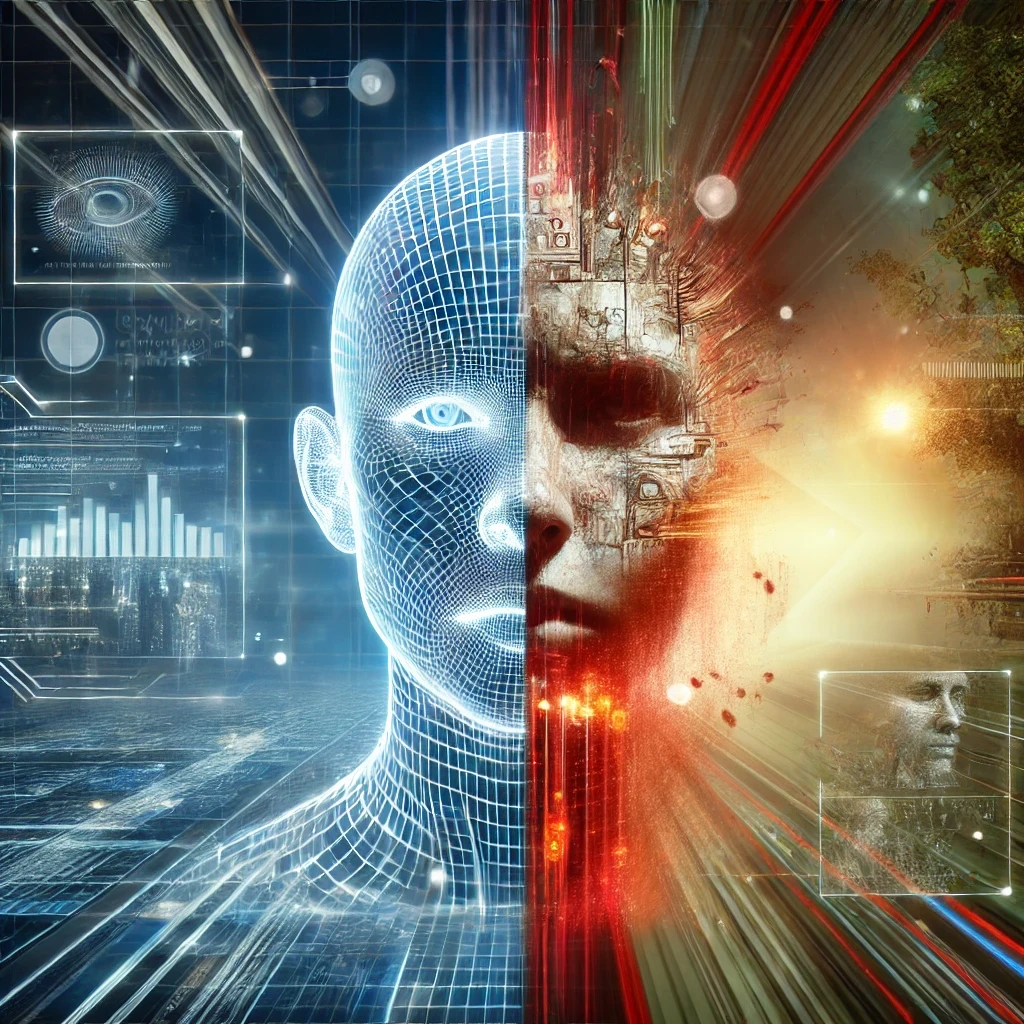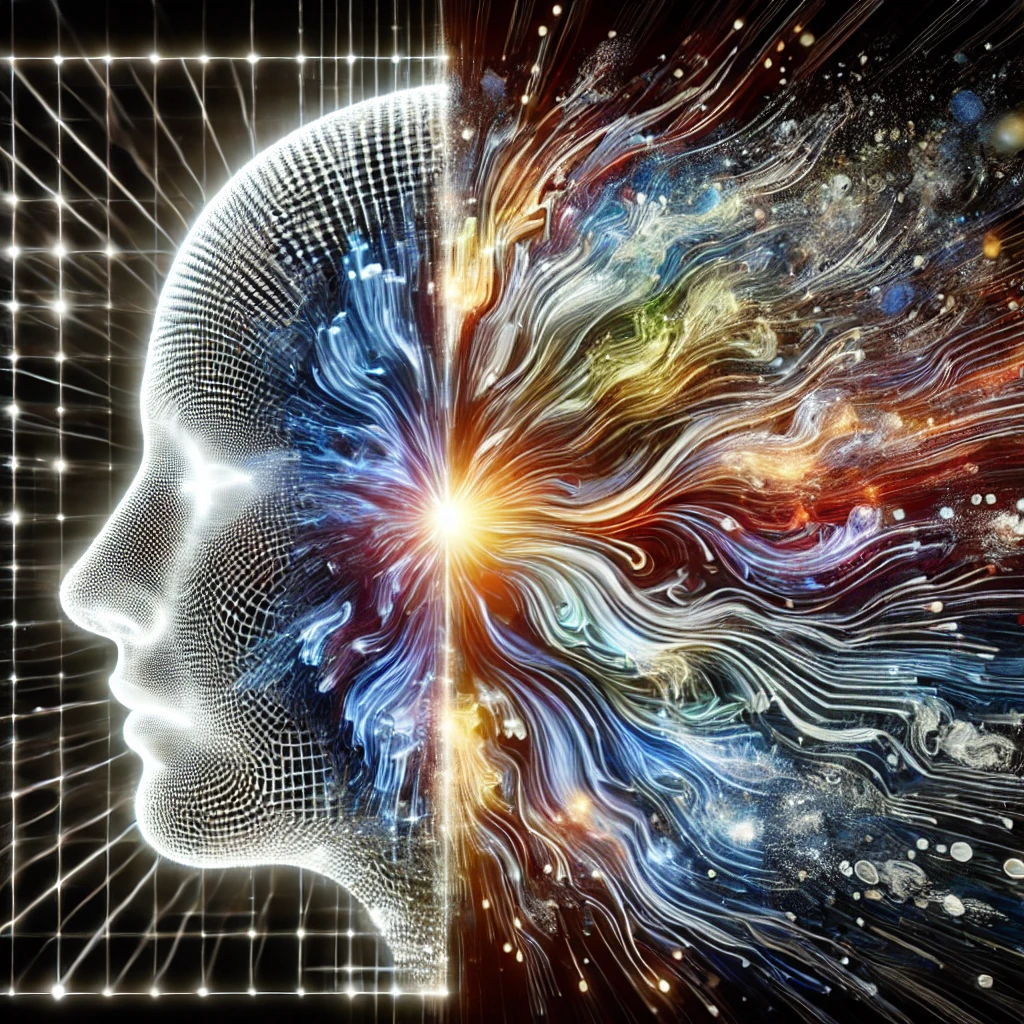· iWork Technologies Team · Thought Leadership · 3 min read
Reconciling Digital and Personal Identity through AI and Technology
AI and technology can bridge the gap between digital and personal identity, fostering a future where both security and authenticity thrive in the digital world.

Conclusion: Reconciling Digital and Personal Identity through AI and Technology
As we grapple with the complexities of both personal and digital identities, the role of AI and technology becomes central in bridging the gap between these two realms. The digital identity is often seen as structured, secure, and immutable, while personal identity remains fluid, evolving, and full of contradictions. The question is, can AI and technology help reconcile these seemingly opposing forces?
The answer lies in how intelligent systems can be designed to accommodate the complexity of human nature while maintaining the integrity and security of digital identities. Here are several ways AI and technology can help in this reconciliation:
Dynamic Identity Systems
AI-driven identity systems can adapt in real-time to changes in personal identity. For example, as individuals change careers, adopt new skills, or undergo life changes, AI can allow digital identities to evolve, ensuring they are always up to date without losing integrity or security.
Emotional AI
AI systems can incorporate emotional intelligence to bridge the gap between the factual nature of digital identity and the emotional, subjective aspects of personal identity. By interpreting emotional states, preferences, and personal experiences, AI could reflect a more holistic view of identity that feels more aligned with a person’s real self.
Personalized Identity Management
AI can provide personalized recommendations and insights to help individuals manage their multiple identities across digital platforms. It can suggest ways to balance professional, social, and private identities, ensuring that individuals maintain a sense of control and authenticity.
Enhanced Privacy and Security
AI can offer robust privacy and security solutions that empower individuals to protect their digital identities while embracing the messiness of their personal identity. From advanced biometric systems to AI-driven anomaly detection, technology can safeguard identity without diminishing its complexity.
Ethical AI
By building ethical frameworks into AI systems, we can ensure that digital identities respect and reflect personal freedoms. AI can be trained to minimize bias, prioritize individual autonomy, and promote fairness in how digital identities are used across platforms, ensuring that no one feels reduced to data points alone.
In conclusion, while the tension between flawless digital identity and flawed personal identity is real, AI and technology offer tools to harmonize these two worlds. Through adaptive, emotionally intelligent, and secure systems, technology can not only help bridge the gap but also enhance the richness of both personal and digital identities. As we continue to develop and refine these systems, the future may see a seamless integration of who we are as individuals with how we represent ourselves in the digital realm—allowing for both security and authenticity in an increasingly connected world.



